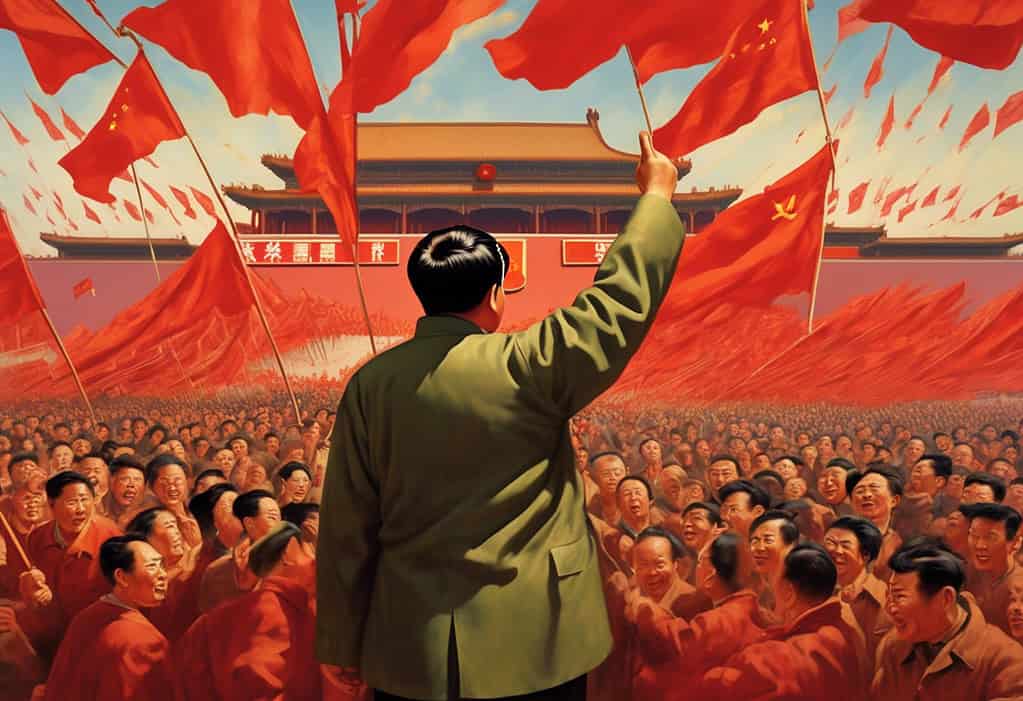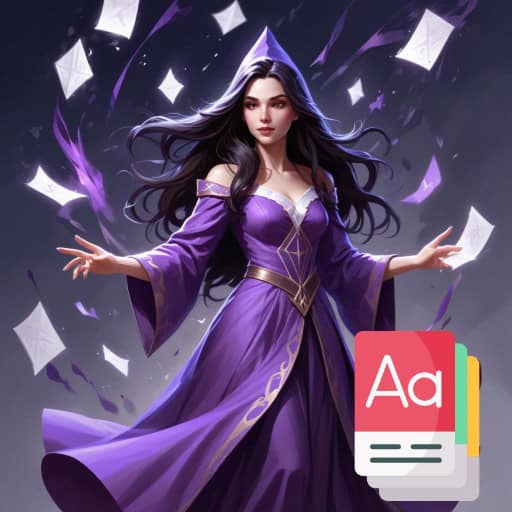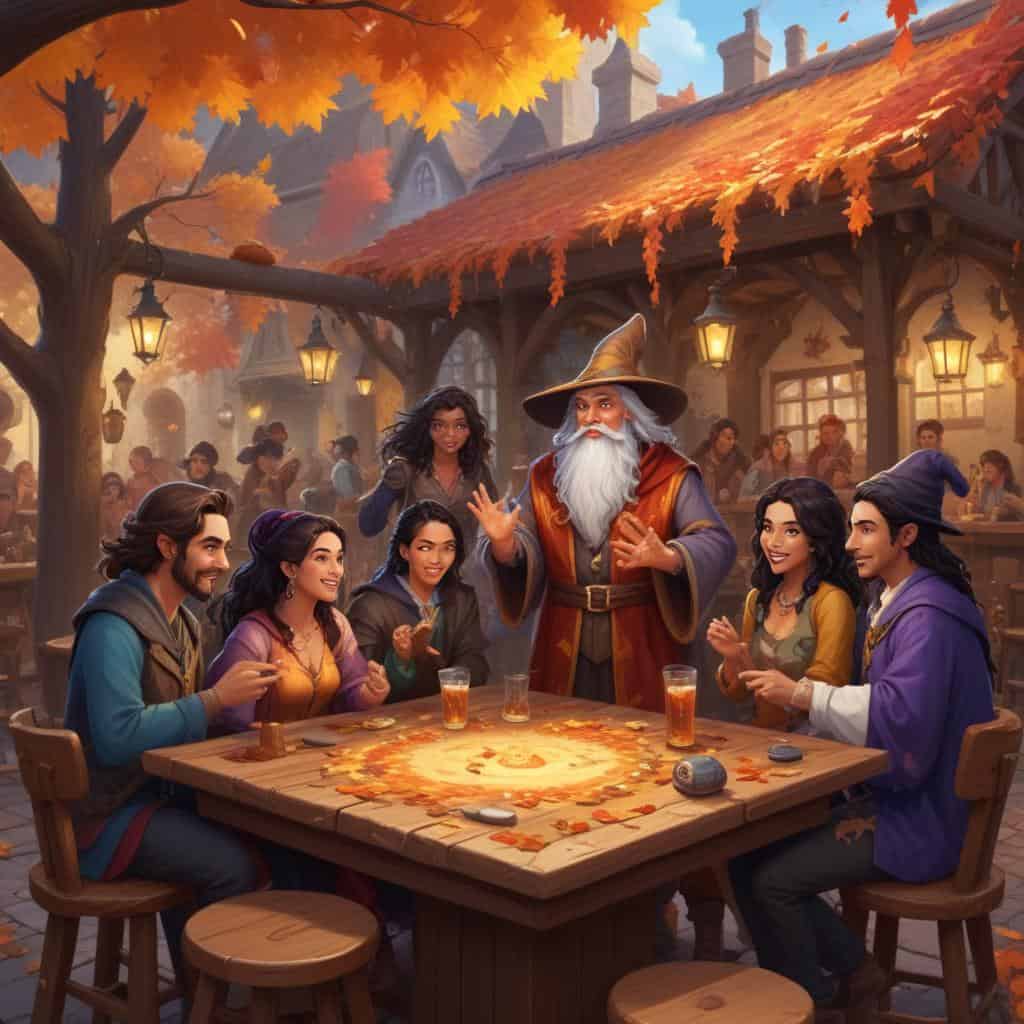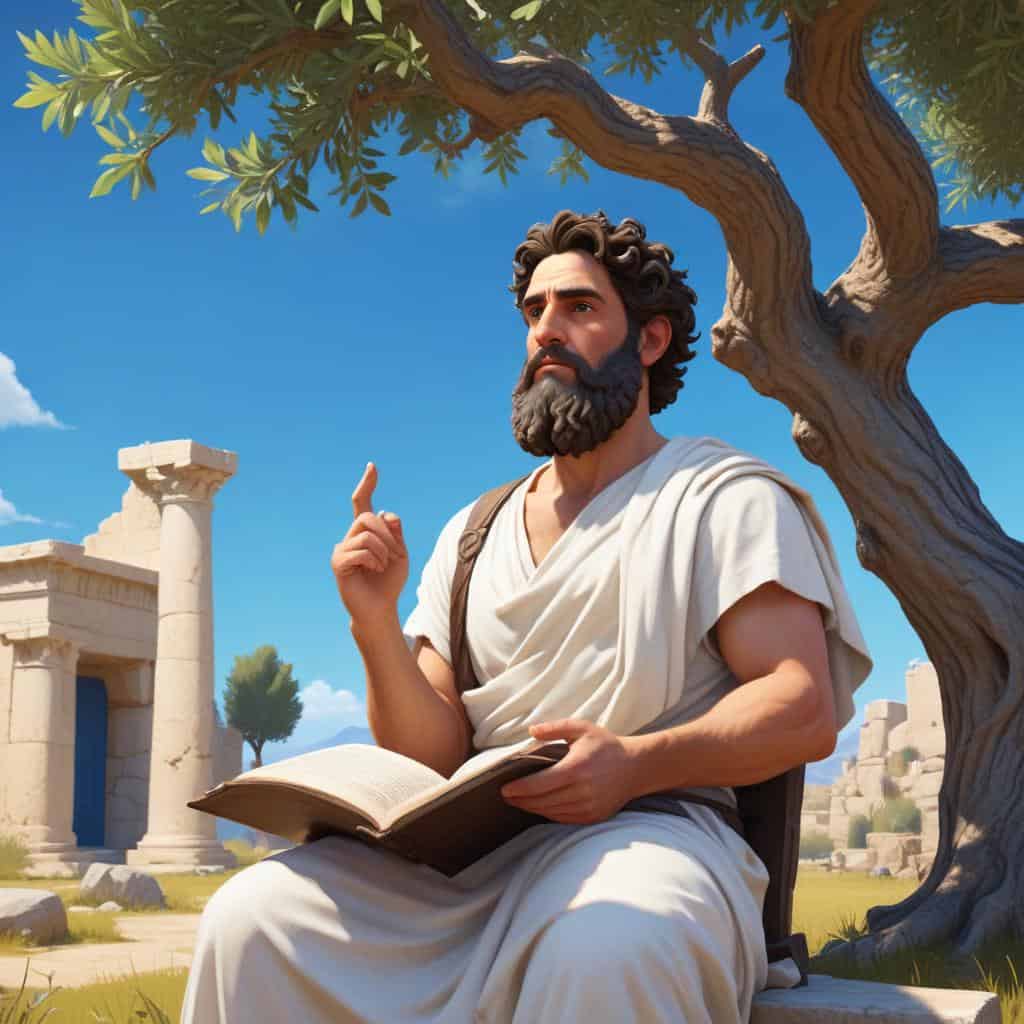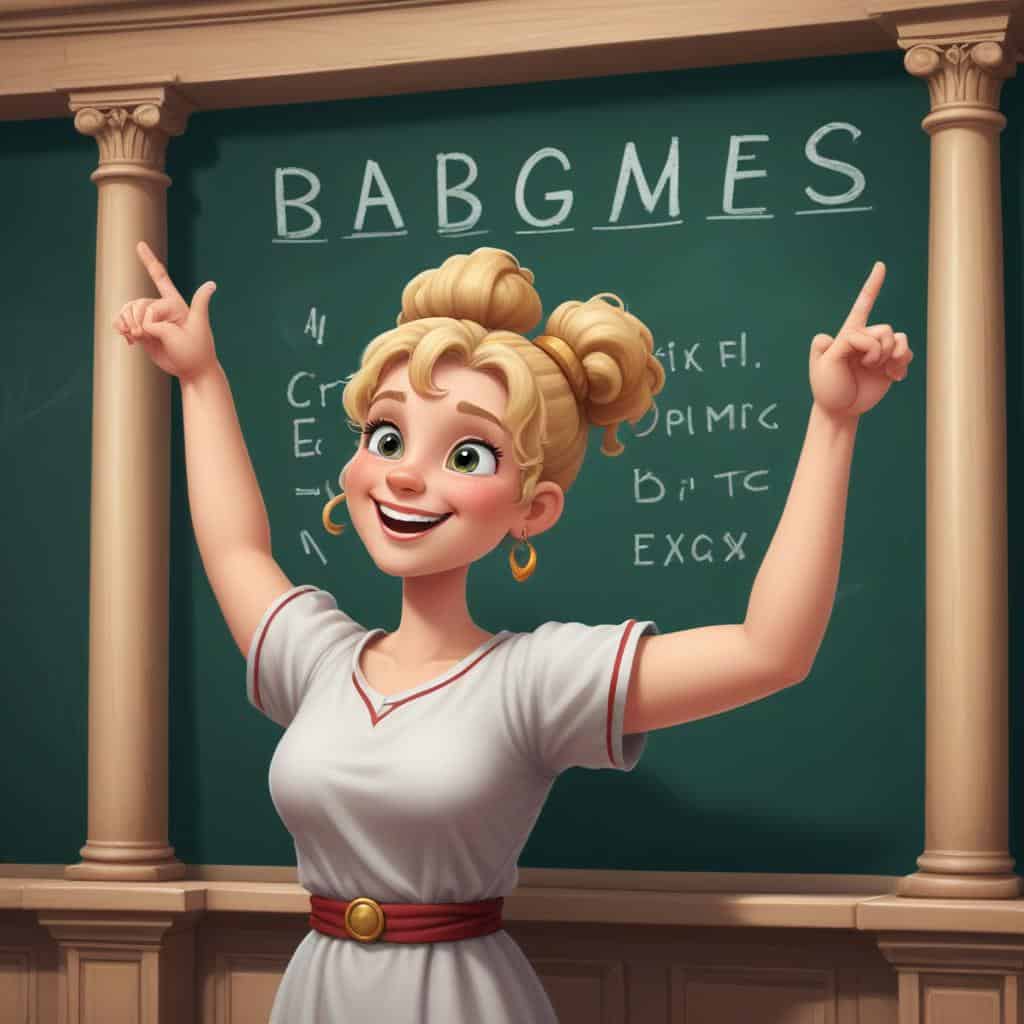The People's Republic of China was established in 1949. It is a country in East Asia. China has a population of over 1.4 billion people. The government is led by the Communist Party of China. Since its founding, China has undergone rapid economic growth and modernization. The country has become a major global player in politics, economics, and culture. China's leadership has implemented various policies to manage its population and economy. In recent years, China has faced challenges such as environmental pollution and human rights issues. Despite these challenges, China continues to play a significant role on the world stage.
Summary List
- Founded in 1949 by the Communist Party of China.
- Officially known as the People's Republic of China.
- Has the world's largest population, with over 1.4 billion people.
- Has experienced rapid economic growth and modernization since the late 1970s.
- One-party socialist state, with the Communist Party of China as the ruling party.
Games And Apps
Learning Modules
Founding of the People's Republic of China - 1949
In 1949, after years of civil war, Mao Zedong proclaimed the establishment of the People's Republic of China. This marked the end of centuries of imperial rule and the beginning of a new era for the Chinese people. The founding of the PRC brought about significant political, social, and economic changes to the country.
I Want To Learn This!The Great Leap Forward - 1958
In 1958, China embarked on a radical social and economic campaign known as The Great Leap Forward. Led by Chairman Mao Zedong, the plan aimed to rapidly industrialize the country and transform it into a communist utopia. However, the campaign ultimately resulted in widespread famine and millions of deaths.
I Want To Learn This!The Cultural Revolution - 1966
The Cultural Revolution of 1966 in China was a tumultuous period of political upheaval and social chaos. Initiated by Mao Zedong, it aimed to purge the country of capitalist and traditional elements, leading to widespread violence, persecution, and destruction. This dark chapter in history left a lasting impact on Chinese society.
I Want To Learn This!Sino-Soviet Split - 1969
In 1969, the Sino-Soviet Split reached its peak as tensions between China and the Soviet Union escalated. The ideological and strategic differences between the two communist powers led to border clashes and a breakdown in diplomatic relations. This pivotal moment in the Cold War reshaped the global balance of power.
I Want To Learn This!Ping Pong Diplomacy - 1971
Ping Pong Diplomacy - 1971 was a historic event where American and Chinese table tennis players competed against each other, leading to a thaw in relations between the two countries. This unexpected act of sportsmanship helped pave the way for President Nixon's visit to China and the eventual normalization of relations.
I Want To Learn This!Death of Mao Zedong - 1976
In 1976, the world was shocked by the sudden death of Mao Zedong, the revolutionary leader of China. His passing marked the end of an era and sent ripples through the political landscape of the country. This event would shape the future of China for years to come.
I Want To Learn This!Modernization Reforms - 1978
In 1978, China embarked on a series of modernization reforms that transformed its economy and society. These reforms, led by Deng Xiaoping, opened up the country to foreign investment, encouraged entrepreneurship, and established special economic zones. The impact of these reforms continues to shape China's growth and global influence today.
I Want To Learn This!Tiananmen Square Protests - 1989
In 1989, Tiananmen Square became the epicenter of a historic protest in Beijing, China. Thousands of students and citizens gathered to demand political reforms and greater freedoms from the government. The peaceful demonstration was met with a violent crackdown, leaving a lasting impact on China's political landscape.
I Want To Learn This!Hong Kong Handover - 1997
In 1997, after over 150 years of British rule, Hong Kong was handed back to China in a historic event known as the Hong Kong Handover. The city's residents faced uncertainty and anxiety about their future under Chinese governance, marking a pivotal moment in Hong Kong's history.
I Want To Learn This!Beijing Olympics - 2008
The Beijing Olympics in 2008 was a spectacular and unforgettable event, showcasing the best athletes from around the world competing in a variety of sports. The opening ceremony was a dazzling display of Chinese culture and history, setting the stage for an exciting and competitive Games.
I Want To Learn This!

